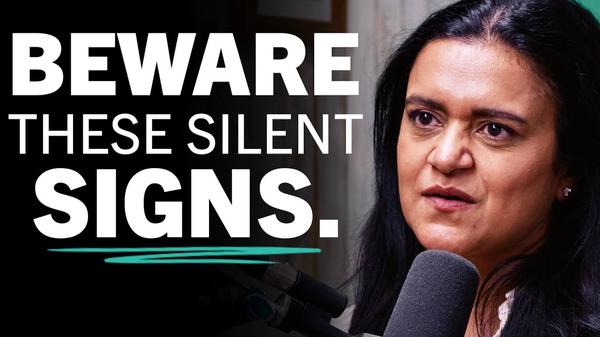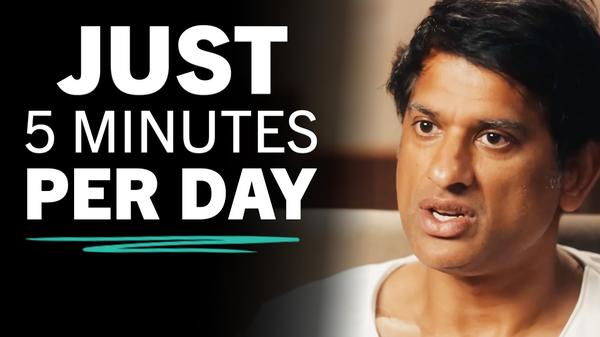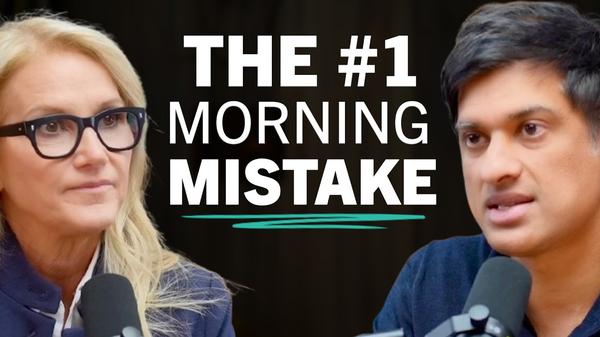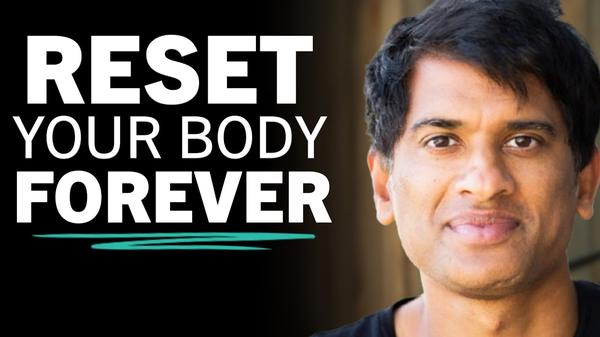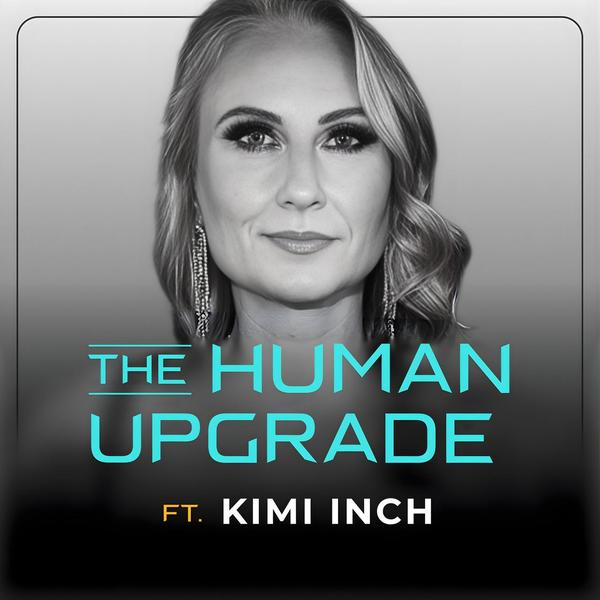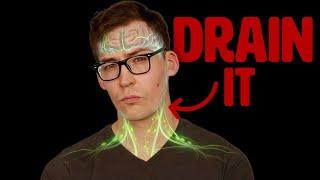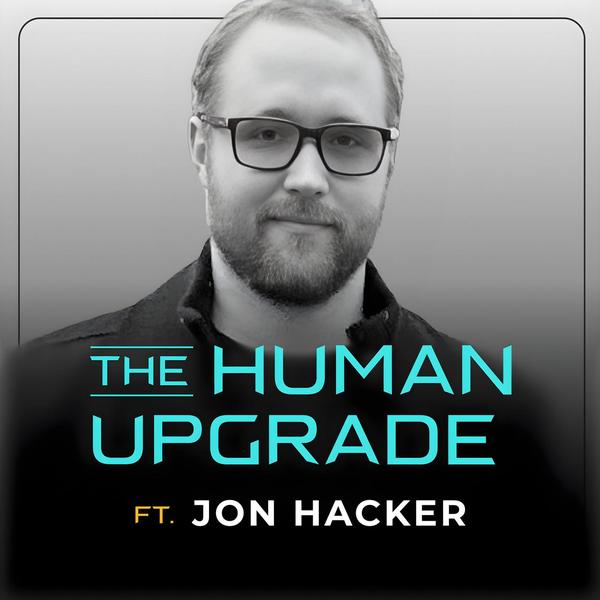
Doctor SPEAKS OUT: "They're Quietly Labeling You Sick—Even When You're Not" | Suzanne O'Sullivan
Rangan Chatterjee
May 7, 2025
Mindsip insights from this episode:
Reassess 'prediabetes' label to reduce psychological burden
Creating a 'prediabetes' category labels a third of the adult population as being at high risk, placing a huge psychological burden on the majority who will never actually develop diabetes.
Beware of direct-to-consumer genetic tests and family consent
Direct-to-consumer genetic tests are not clinical grade and can be unreliable, and when you take one, you are implicitly testing your entire family without their consent.
Detach from illness identity to enable recovery
If an illness becomes your core identity and your social belonging is based on it, it can prevent you from being able to visualize and work towards recovery.
Recognize impact of diagnosis on body awareness
A medical diagnosis is not an inert label; it can change your relationship with your body, making you notice and amplify symptoms you previously ignored.
Choose hope over certainty in Huntington's disease testing
80-90% of people at risk for Huntington's disease choose not to take the genetic test because living with the hope of a healthy future is more valuable than the certainty of a devastating diagnosis.
Address hyper-specialization to view patients holistically
With doctors becoming increasingly specialized, no one is looking at the patient as a whole, leading to people accumulating multiple diagnoses and taking pills for the side effects of other pills.
Evaluate cancer screening benefits against potential over-treatment
Screening 2,000 women for breast cancer saves one life, but it also results in treating 10 women for cancers that would have never needed treatment.
Avoid labels that limit potential in children
Giving a child a label for a very mild condition, like autism, can become a self-fulfilling prophecy where they and others lower their expectations of what they can achieve.
More from
Rangan Chatterjee
Neuroscientist: If You’re Feeling THIS, You’ve Lost Touch With Your True Self
Neuroscientist: If You Feel THIS, You're Living the Wrong Life (Unlock The One You're Meant For)
The 5-Minute Morning Habit That Transformed My Health, Happiness & Marriage
If You Struggle to Sleep, Start Doing THIS Every Morning
The Only 3 Rules You Need to End Cravings & Reset Your Body
You also might be interested in
The Hidden Damage That Happens "Behind-The-Scenes" In The Adult Entertainment Industry, With Former Adult Actress Felicity Feline
How to Set & Achieve Goals | Huberman Lab Essentials
The Science of Erotic Altered States | Biohacking Sex
Drain your Brain, Protect it from Alzheimer’s Disease
I Tried At-Home Ultrasound for My Brain





